Content from the Brookings Doha Center is now archived. In September 2021, after 14 years of impactful partnership, Brookings and the Brookings Doha Center announced that they were ending their affiliation. The Brookings Doha Center is now the Middle East Council on Global Affairs, a separate public policy institution based in Qatar.
As the military battle over ISIS-controlled Mosul and Nineveh has begun, questions over the future of this vital Iraqi province are flowing thick and fast. Those include proposals to partition the province, but is that a good idea? Beverley Milton-Edwards suggests perhaps not, in an article originally published on Al Jazeera English.
As the military battle over ISIL-controlled Mosul and Nineveh has begun, questions over the future of this vital province of Iraq are flowing thick and fast.
While there is confidence that the new U.S.-supported coalition can defeat ISIL (also known as ISIS), there are concerns that each faction holds contesting views about what comes after.
It is becoming apparent, for example, that a number of elements have well-vested interests in partitioning the province into a series of six to eight ethnic or sectarian cantons with independent rights and autonomy from Haider al-Abadi’s government in Baghdad.
Caution: Division Ahead
Back in Washington and Congress, there is some support for such solutions if they are seen as a way of protecting the rights of religious minorities such as Yazidis, Assyrians, and Chaldeans who have been mercilessly persecuted and ethnically cleansed from their ancient homelands by a genocidal ISIL.
A note of caution should be sounded at this point as such arrangements, while appearing attractive in the abstract, could make matters worse, not better. Partition can deepen schisms in fragile states.
While power-sharing in Mosul before ISIL took over in 2014 was far from perfect, it did represent forms of power-sharing which accommodated and balanced minority interests. The 2013 governorate elections returned a coalition of parties from the Kurdish KDP and PUK, Atheel al-Nujaifi’s tribal, Sunni-dominated al-Hadba coalition, and other tribal, Shabak, Yazidi, Chaldean, and nationalist parties, reflecting the possibilities of representation without territorial carve-ups.
Current proposals to develop those cantons, which emanate from Mosul and Nineveh and are allegedly supported by Turkey, are not the product of constructive approaches to managing long-standing sectarian and ethnic problems, by the kinds of the elected coalitions described above or wider community-based dialogue processes and consultations.
Nor, just as importantly, do they represent other marginalized groups, namely young people, women, and community members whose opinions, perceptions, definitions, and ideas do not have a strong voice in current debates about Mosul and Nineveh post-ISIL.
Quite the opposite, such proposals are motivated by largely undisguised sectarian, patriarchal, tribal, or ethnic interests at the expense of the rights and protections of other parties.
Also, unless canton proposals are put to all Iraq’s citizens through referenda, the implications and risks in terms of the territorial integrity of the rest of the country could be disastrous. Furthermore, the creation of such cantons is unlikely to result from a consultative approach, and will therefore potentially result in more problems than it solves, especially if the cantons’ internal governance and legal structures prove incompatible with Iraq’s constitution.
Protection
It will be very apparent from the start that the viability of such cantons depends on the level of cooperation between new neighbors.
The powers of individual cantons would have to be subject to lengthy and reciprocal negotiations. These in turn would demand a myriad of laws, treaties, and agreements to cover the gamut from the everyday to the existential.
One key concern around protection would be the residual threat from ISIL.
Would each putative canton in Nineveh have its own security, police, and intelligence forces? Just what kinds of security-related policies and coordination mechanisms will be in place to counter trans-canton crime, terrorism, drug-trafficking, arms smuggling, and other serious offences?
Security
Such proposals to demarcate Mosul and the Nineveh into cantons where exclusive ethnic, tribal, and sectarian groups reside are likely to weaken each area’s ability to protect itself against ongoing challenges from unitary jihadist threats.
When Mosul is re-taken, the reconstruction and re-governance phase will be long and arduous, and demand U.S. involvement yet again.
No one is saying that there will be easy choices ahead for the governing authorities in Baghdad. However, there is a question of whether they are prepared to support reconstruction or whether they will have to surrender to the demands of localized ethnic and sectarian interests.
There may be little choice in the matter. Baghdad may well capitulate, given that these local rivals are supported by strong and well-funded outside powers with their own agendas.
The United States should think twice about supporting the secessionist demands of leaders such as Nujaifi and Massoud Barzani. The motives behind their current alliance of interests should be questioned. Proposals that break down power from the provincial level which are not truly representative and harmonious will still leave vulnerable populations on the margins.
When Mosul is re-taken, the reconstruction and re-governance phase will be long and arduous, and demand U.S. involvement yet again.
After all, having a U.S.-aided coalition embark on an offensive against ISIL in Mosul and Nineveh implies a role for the United States in the post-liberation settlement.
Hopefully, the spoils of Mosul and Nineveh will not be divided among the armed victors, but instead security and governance will be implemented equally without favor.
The Brookings Institution is committed to quality, independence, and impact.
We are supported by a diverse array of funders. In line with our values and policies, each Brookings publication represents the sole views of its author(s).

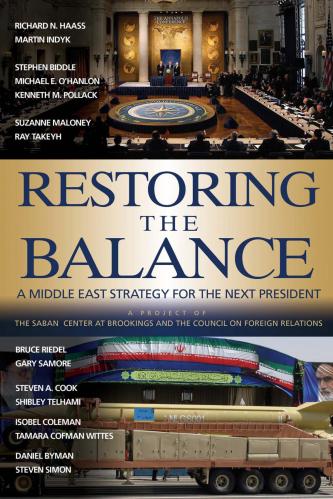
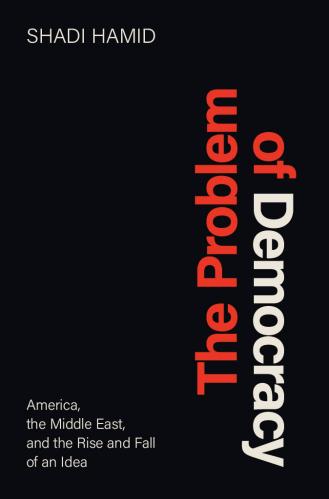
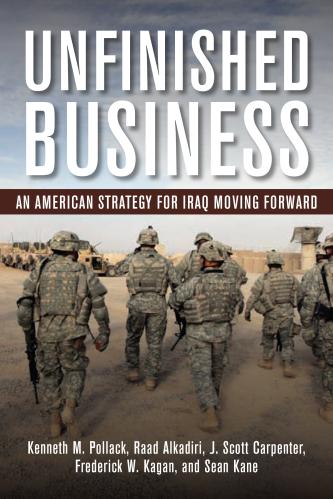
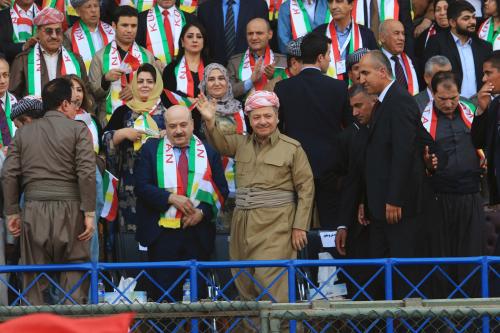
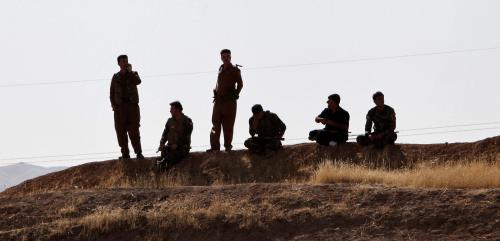
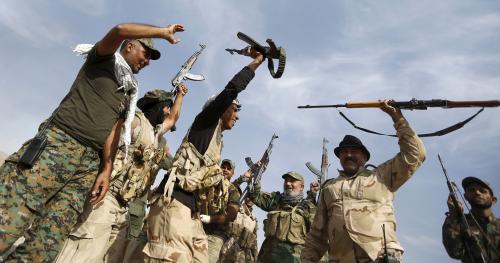




Commentary
Is protecting Mosul minorities an excuse for partition?
October 17, 2016